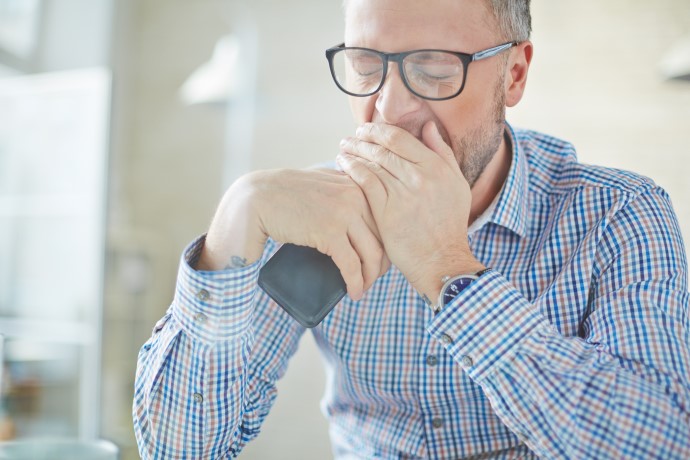
When you’re feeling sluggish or feel the need to have a lie-down due to a busy day, lack of sleep, or literally no reason at all you’re warned that napping will ruin your sleep for that night. However, napping at the wrong time or for too long can quickly backfire, so it’s important you understand how to the most out of your nap.
What are the benefits?
There is a myriad of benefits related directly to taking that afternoon siesta, specifically reduction of stress, as well as increased alertness, improved mood, and improved performance. If you’re a natural napper (approximately 40% of the population), getting that daytime snooze in is paramount to recharge those cognitive batteries.
What are the negatives?
If you aren’t part of the lucky 40% of happy nappers, you’re going to have a bad time, by which I mean you’ll wake up groggy and confused. Some people aren’t even able to nap away from their bed. Unhappy non-nappers or those not used to napping during the day can feel groggy and disorientated after waking up, as well as affecting their nighttime sleep (specifically if they insomnia or sleep poorly). Long or frequent naps can interfere with these non-nappers sleep cycle.

So when should you nap?
If you’re not a natural napper, experience a new level of fatigue or unexpected sleepiness, have a long work shift that will interrupt your sleep, or want to include naps in your daily routine, then napping should be a consideration.
Does constant drowsiness indicate a health problem?
If you’re constantly fighting your eyelids in the war of fatigue without an obvious cause, it’s time to talk to your doctor. It could be related to your body fighting off an infection, sickness, new medication, or a sleep disorder that is interrupting your nighttime sleep cycle.

What do the experts say?
Sleep Scientist, Kathleen Maddison states “naps reduce feelings of sleepiness and increase alertness whilst also improving performance in areas such as reaction time, coordination, logical reasoning, memory consolidation, symbol recognition, mood, and emotional regulation.”
Psychologist, Michelle Olaithe believes that napping can be beneficial, specifically for new parents or night owl uni students. Short naps improve alertness, mood, and memory. She recommends avoiding sleeping any longer than 30 minutes, as this stops you from reaching deep sleep, thus won’t interfere with your night-time sleep routine.
How should you nap?
Keep your nap short
Getting the most out of your nap to avoid that grogginess feeling is paramount. Make sure you keep your naps short, approximately 10-20 minutes will suffice. The longer you nap, the higher your chance of feeling groggy and disorientated.
Nap in the early afternoon
Lunchtime is when the majority of people feel sluggish, that’s why you shouldn’t nap until after lunch. You should also avoid napping after 3 pm, as this can highly interfere with your sleep cycle. However, your need for sleep, sleep schedule, age, and medication use play a major role in determining the best time of day to nap.
Rest in peace
Nap in a quiet, enclosed, dark space with a comfortable room temperature and lack of distractions. That means to avoid having a snooze at your desk or keeping your phone sound on. Any interruption to your nap could be detrimental to your productivity.

Goodnight, sweet Prince
The most important thing is giving yourself time after your siesta before resuming activities, especially tasks that require a creative or instantaneous response.

